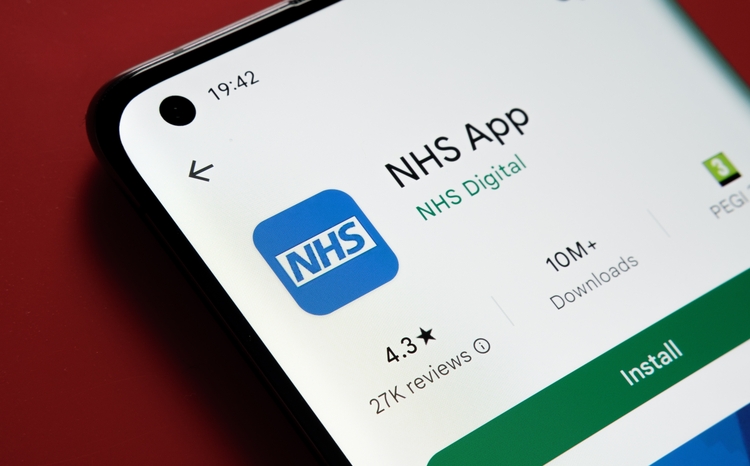GPC agrees IT infrastructure funding guidance
- 18 April 2006
Clinical system servers, workstations, printers, back-up devices and network infrastructure are among a list of core items practices can expect primary care trusts (PCTs) to fully fund, maintain and upgrade, according to new guidance agreed by the Department of Health and the British Medical Association’s General Practitioner Committee (GPC).
The long-awaited guidance agreed between the two bodies sets out good practice which PCTs are expected to take into account when negotiating an agreement for IM&T support services with practices.
However the document is guidance rather than a binding service level agreement which had originally been promised in the new GMS contract almost three years ago.
Dr Paul Cundy, chairman of the GPC IT-sub committee, said Department of Health lawyers had insisted the document be issued as guidance only.
He told EHI Primary Care: “This is the best we are going to get for the new GMS contract. However it does say in the original new contract document that this should be seen as a minimum level of service that can be enhanced by local negotiations.”
The guidance includes a list of core items which it suggests receive priority for PCT funding and a list of “additional” items which should have a lower priority. It also includes an outline of service standards that could be included in an agreement between a PCT and practice.
The core components listed for priority funding, and for which the guidance says PCTs will be expected to meet purchase, maintenance and upgrade costs in full, are clinical system servers, workstations, printers, system management such as back-up devices and virus protection, clinical applications, NHSnet and the internet, network infrastructure and core office applications.
It says funding of additional items should be contingent on a clear business case and the adoption of safe, evaluated and supported solutions that are in widespread use.
The “additional items” category includes out of hours links, discharge and referral messaging, chronic disease management software, drug monitoring software, mobile computing and handheld devices and remote access/dial up software.
The guidance underlines that the document does not represents a model contract between GMS practices and PCTs and that contracts should be locally negotiated to take into account local factors such as the provision of IM&T services via local service providers.
The guidance adds: “PCTs are reminded that they now have a one to one contractual relationship with their GMS practices and that any agreement entered into to support practice IM&T is also contractual and should be appropriately set out in a contract document. As part of the process of developing the contract either side may wish to consider accessing, at its own cost, appropriate professional advice. “
Dr Cundy said he thought very few practices currently have such agreements with their PCTs on IM&T and advised practices to reach such agreements, particularly if they were considering moving to a hosted system.
He added: “It should be an absolute pre-requisite to have a service level agreement signed before you move to a hosted service.”
The outline service description includes a set of illustrative priority levels and standard response times that could be included in an agreement and advice on escalation and disputes resolution procedures as well as outlining the responsibilities of both parties.
It says practices should be entitled to reclaim the costs they incur if the PCT fails to meet its obligations set out in the support service contract.
The guidance adds:. Such costs may cover the costs of employing or engaging additional staff or paying current staff overtime in order to perform functions which otherwise would have been performed by the hardware and or/ software either during or after the actual event.”
The guidance also recommends that practices should get permission from their PCT before loading any software not supplied by the NHS.
The guidance adds: “It would not be desirable for the PCT to withhold permission for software that a practice reasonably needs to perform NHS and non-NHS services unless it has reasonable grounds for suspecting that installation will materially affect system performance/availability.”
The guidance applies only to GMS practices but the document says PCTs may also wish to use it as a basis for agreements with PMS practices .
Links
Moderning Information Management and Technology in General Practice: Support Services





